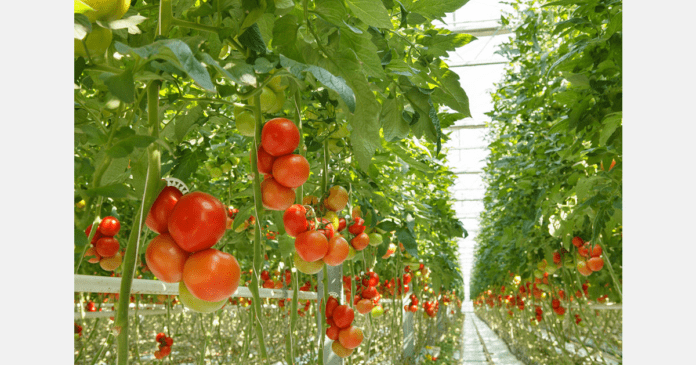Greenhouse Farming Expands in Ukraine
The agricultural landscape in Ukraine is witnessing a significant shift with the steady growth of greenhouse farms. Despite challenges such as energy shortages and economic instability caused by the ongoing war, small farms are finding ways to expand and meet the increasing local demand for fresh produce.
One shining example of this trend is SFG Kolosok in Poltava Oblast. Under the leadership of Iryna Babych, the farm embarked on its greenhouse operations in 2022 with a modest 320-square-meter facility. The decision to venture into greenhouse farming was driven by declining profitability in traditional crops like grain and the necessity for more secure local markets.
Fast forward to the present day, Kolosok boasts 1,700 square meters of greenhouse space, with plans to add an additional 800 square meters in 2025. The farm specializes in the cultivation of cucumbers, tomatoes, radishes, and greens, focusing on crops with consistent local demand.
In 2024, the farm achieved a production output of nearly 11 tons of vegetables, including two growing cycles for cucumbers and tomatoes. Babych highlighted that the demand for their produce remains high, with sales to local shops and markets.
Despite the success, challenges continue to persist. A summer heatwave necessitated investments in ventilation and cooling systems, while power outages forced the farm to rely on a generator. To address its energy needs, the farm is planning to install solar panels.
Moreover, SFG Kolosok is exploring the implementation of hydroponics for growing greens, a method that conserves water and reduces the need for pesticides. While expansion plans include ventures into agro-tourism, Babych stresses the importance of maintaining focus on greenhouse farming.
“Greenhouse farming holds immense potential,” Babych remarked. “We adapt, invest, and grow because the demand is evident, and the opportunities are tangible.”
As reported by agroportal.ua, the success story of SFG Kolosok serves as a testament to the resilience and innovation displayed by Ukrainian farmers in the face of adversity. The ability to adapt to challenging circumstances and capitalize on local demand underscores the promising future of greenhouse farming in Ukraine.
In conclusion, the expansion of greenhouse farming in Ukraine signifies a positive shift in the country’s agricultural sector. Small farms like SFG Kolosok are leading the way by demonstrating that with determination, innovation, and strategic planning, it is possible to overcome obstacles and thrive in a competitive market. As demand for fresh produce continues to rise, the opportunities for growth and sustainability in greenhouse farming in Ukraine are indeed promising.
Published on: Mon 20 Jan 2025
—
Would you like me to continue writing?



